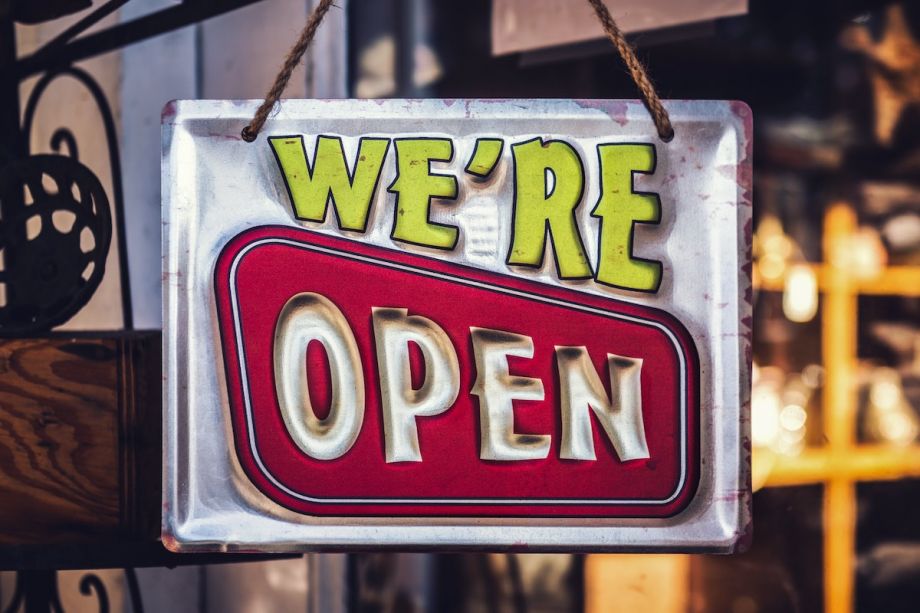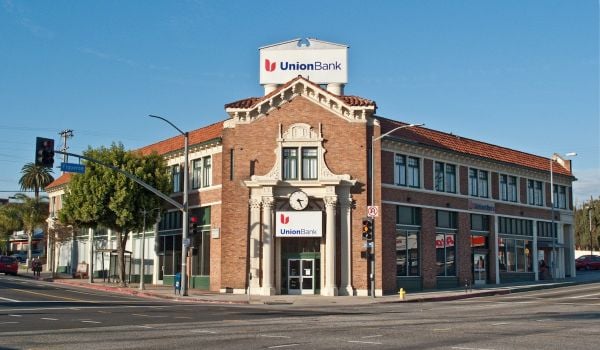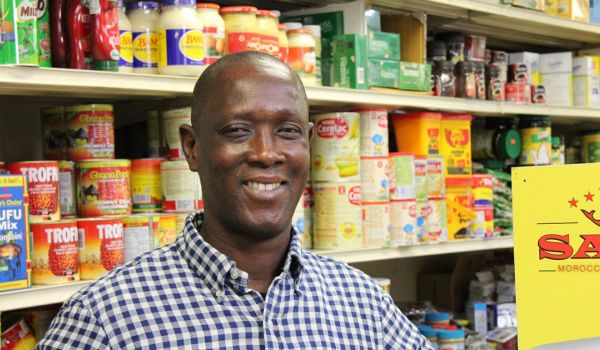Amber Bond has worked in the commercial lending space for 14 years, working with community banks, CDFIs and other mission-focused lenders. She has a specialty in loan guaranty for small businesses, having worked as a credit analyst and underwriter in this field. The former executive vice president and COO at Carolina Small Business Development Fund, Bond is familiar with both the lending and borrowing experience.
In 2020, Bond opened up her own business, Davos Guaranty, which aims to be an easier guarantee process for small businesses to receive loans. Bond saw first-hand how lenders often denied loans to small businesses because they were deemed “too risky.” Davos bridges this gap by guaranteeing up to 90% of a loan with other lenders so that small businesses can access more loans. Davos makes money through its lenders, not its borrowers, by charging them ongoing maintenance fees and receiving 2% of the loan amount.
Next City spoke with Bond about mission-driven lending, why big banks don’t invest in small businesses and why CDFIs are the “best kept secret” for small businesses.
You’ve been in the mission-driven lending field for a long time. How do you define a “mission-driven lender”?
My three components are:
-
They have a defined population or market.
-
They have below-market funding sources.
-
Their key metrics are around equity, job creation and wealth building.
What do mission-driven lenders struggle with?
Their biggest competitors right now are FinTech companies, who can fund loans the same day or the next day, but the rates are ridiculous: 30%, 100%, I’ve even seen! FinTech is creating access, but they’re also creating debt traps.
How are you working to change that with Davos?
Davos is able to attract small businesses and do the underwriting, so we’re helping CDFIs to compete. Some CDFIs use a guaranty product under the Small Business Administration. While the aim is great, it’s a federal agency and there’s a lot of red tape. There are a lot of restrictions, regulations and paperwork because they have to be responsible to the general public about the use of dollars. If Davos can help CDFIs compete in speed and marketing with a better product that’s also more secure, then everybody wins.
Traditional banks may shy away from loans that are $250,000 and below because those loans take just as much time and resources to close as a $2 million loan. From a cost perspective, it makes sense to go after the big-ticket loans.
What do CDFIs do differently than banks to help small businesses?
CDFIs are, to me, the best-kept secret in terms of creating access, but also affordability.
The vast majority of CDFIs are nonprofits, so they’re able to raise money from foundations, sometimes the state legislature and individuals with high net worth that want to do impact investing. In general, their sources of capital tend to be more flexible and less restrictive. All CDFIs provide technical assistance. So they’re offering classes, one-on-one coaching, webinars, access to other resources and networking opportunities. Sometimes that piece is more important than the capital.
What are some of the things small businesses struggle with when getting loans?
The problem for small businesses, especially underserved small business owners, is that access to capital is pervasive and it’s cyclical.
Life has happened: medical collections, injuries and out of work for a time, or bankruptcy. Maybe things just got overwhelming for them and they had to restart, so they’ve got less than perfect credit. They may have very limited assets, so they can’t fully secure a larger loan. So they’re looking for unsecured debt.
They may have only been in business for a year. Or even though they’ve been practicing a business for four years, they may only have filed paperwork for one year or two years. So they’re not as established in their business and all of these things lead to higher denials in terms of being able to get a loan.
What do communities lose out on when lenders turn small businesses away?
Smaller loans really have a place in the small business life cycle. For businesses that are newer, for entrepreneurs that are first-timers, for self-employed individuals, these loans can really mean the difference from initially starting to being able to stabilize and grow. It’s this bridge capital that exists between them getting to the point where they can gross a million dollars or half a million dollars.
This money is really critical just to help them create a life for themselves, create income for their household and for their families.

This story is part of our series, CDFI Futures, which explores the community development finance industry through the lenses of equity, public policy and inclusive community development. The series is generously supported by Partners for the Common Good. Sign up for PCG’s CapNexus newsletter at capnexus.org.
Sabina Wex is a writer and podcast producer in Toronto.
















